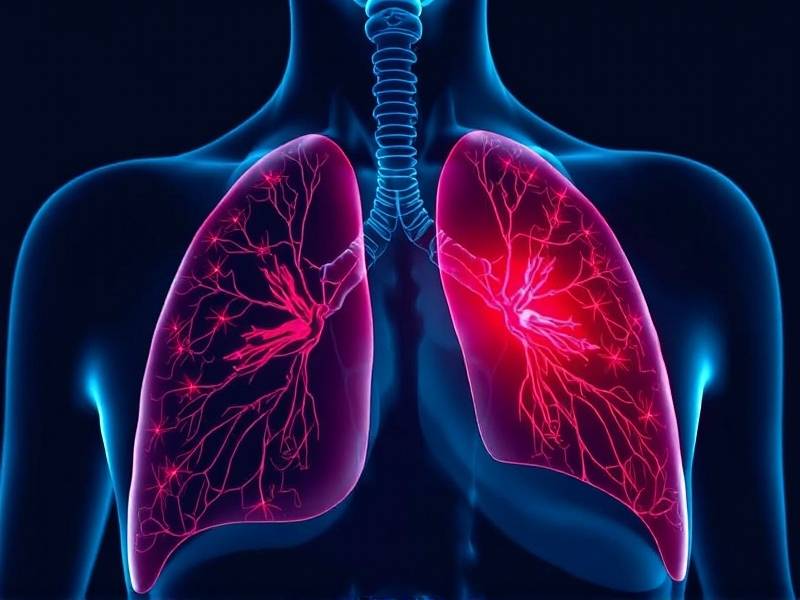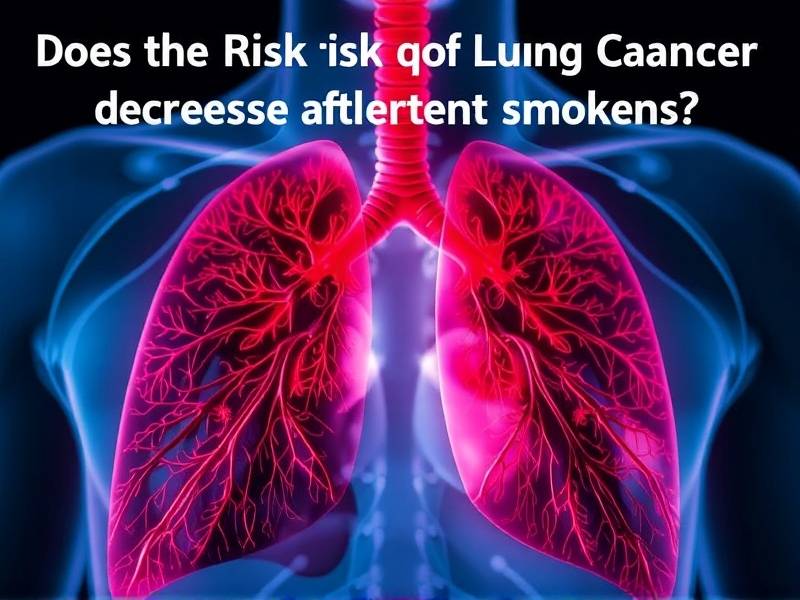Does the Risk of Lung Cancer Decrease After Quitting Smoking?
The Gradual Decline in Lung Cancer Risk Post-Quitting Smoking: A Comprehensive Insight
Introduction: Lung cancer, a leading cause of cancer-related deaths globally, has long been associated with smoking. However, many individuals may wonder if the risk of developing lung cancer decreases after quitting smoking. This article aims to shed light on this topic, discussing the timeline of risk reduction and the importance of quitting smoking for lung health.
Section 1: The Immediate Impact of Quitting Smoking When you quit smoking, your body begins to repair itself almost immediately. Within 20 minutes of your last cigarette, your heart rate and blood pressure start to drop. Over the following days and weeks, your lungs start to clear out the toxins accumulated from smoking.

Section 2: The Gradual Reduction in Lung Cancer Risk Research has shown that quitting smoking can significantly reduce the risk of developing lung cancer. According to the American Cancer Society, within five years of quitting, your risk drops by half compared to continuing smokers. Here's a breakdown of how the risk decreases over time:
- Within five years: Your risk is reduced by about 50%.
- Within ten years: Your risk is reduced by about 70%.
- Within fifteen years: Your risk is comparable to someone who has never smoked.
Section 3: The Importance of Quitting Smoking for Lung Health The benefits of quitting smoking are not limited to reducing lung cancer risk. Quitting can also help improve respiratory function and reduce symptoms such as coughing and shortness of breath. Moreover, it can lead to a decrease in other health issues associated with smoking, such as heart disease and stroke.

Section 4: Overcoming Challenges in Quitting Smoking Quitting smoking can be challenging due to nicotine addiction and withdrawal symptoms. However, various resources are available to help you succeed:
- Nicotine replacement therapy (NRT): Products like gum, patches, lozenges, or inhalers can help alleviate withdrawal symptoms.
- Medications: Prescription medications like bupropion or varenicline can aid in quitting.
- Behavioral support: Joining a support group or seeking counseling can provide encouragement and guidance.
- Alternative methods: Techniques like meditation or hypnosis may also be helpful for some individuals.
Conclusion: In conclusion, quitting smoking is an essential step towards reducing the risk of lung cancer and improving overall health. While it may take time for the risks to decrease significantly after quitting, every effort towards quitting is beneficial. Don't hesitate to seek support from healthcare professionals or resources available in your community. Remember that it's never too late to start living a healthier life free from tobacco smoke.
